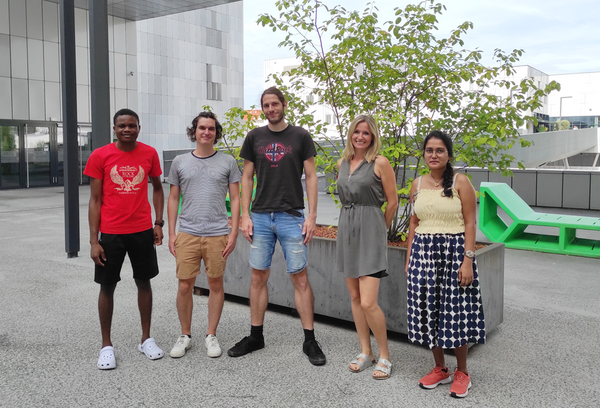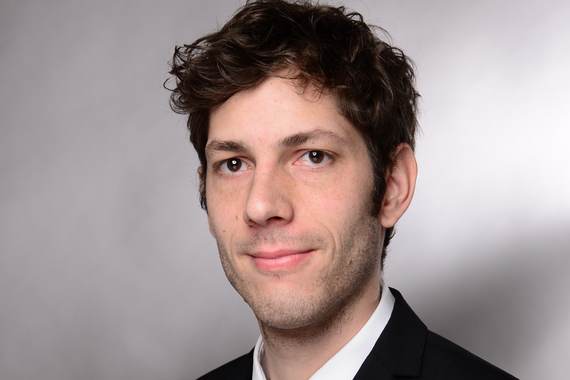- The University
- Studying
-
Research
- Profile
- Infrastructure
- Cooperations
- Services
-
Career
- Med Uni Graz as an Employer
- Educational Opportunities
- Work Environment
- Job openings
-
Health
-
Health Topics
- Health Infrastructure
-
Health Topics
Research team Schwaminger
Research focus: Circulation and vascular research
PI: Sebastian Schwaminger
Focus: Nanomaterials for Drug Delivery
A central topic is the use of magnetic nanomaterials for medical and pharmaceutical applications. In particular, iron oxide-based nanomaterials are to be used to enable magnetically controlled drug delivery. In addition to the material properties and the functionalization of the materials, the magnetic transport processes are also examined. The transport in complex fluids, such as those found in blood and other body vessels, is being researched. The aim is to develop stimuli-responsive materials for pharmaceutical agents for cancer treatment. In addition to material science studies and spectroscopic characterizations such as infrared spectroscopy (FTIR), the focus of characterization is also on the biocompatibility of the materials. The interaction of the materials with cells is to be examined, with a special focus on oxidative stress. One focus is on instrumental analysis (HPLC) for the characterization of surface affinity and for the determination of oxidative stress markers.
Network: In addition to the collaboration within the Otto-Loewi Research Center, a strong network within the Medical University of Graz is aspired. Cooperations on national level do exist with Eva Roblegg (KFU Graz), Heidrun Gruber-Wölfler (TU Graz) and Daniel Baumgarten (UMIT). On an international level collaborations with Sonja Berensmeier (TU München), Thomas Becker (TU München), Patricia Dankers (TU Eindhoven), Alan Hatton (MIT), Karin Schwarzenberger (Uni Dresden), as well as I3 Membrane GmbH are cultivated.
Projekte
Peptide binding and release: Combining drug delivery and protein purification (PepBiR)
- In this study, we use and develop magnetic particles known for protein purification and evaluate their potential towards drug delivery. The focus of the material development are supramolecular materials. The therapeutic agent used here is the bee venom lasioglossin.
- Duration: 2021-2023
- Funded by: IGSSE (International Graduate School of Science and Engineering/TUM)
- Project partners: Chiara Turrina, Stefan Rauwolf, Sonja Berensmeier (TUM) and Paticia Dankers (TU Eindhoven).
Magnetic millifluidic fractionation of a heterogeneous cell culture for statistically relevant analysis of age-dependent population development
- In this study yeast cells will be sorted magnetically according to their cell age in order to investigate vitality and viability of yeast cultures. The study focuses on the millifluidic fractionation with experimental and simulative approaches.
- Duration: 2021-2023
- Funded by: DFG
- Project partners: Leonie Wittmann, Marco Eigenfeld, Roland Kerpes and Thomas Becker (all TUM)
Dymium - An innovative method for the residue-free kidney stone removal
- Here, magnetic particles are used for the extraction of kidney stones. The goal of this study is to develop a method for the residue-free kidney stone removal. Therefore, we develop the particles as well as the magnetic devices.
- Duration: 2020-2022
- Funded by: BMWi (EXIST) and StMWi (FLÜGGE)
- Project partners: Florian Ebel, Shyam Srinivasan und Michael Wengler (all TUM)
Division of Medicinal Chemistry




